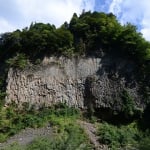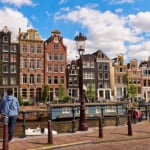Name:Historic City of Vigan
Address:Vigan, Luzon, Philippine
Official website URL:https://whc.unesco.org/en/list/502
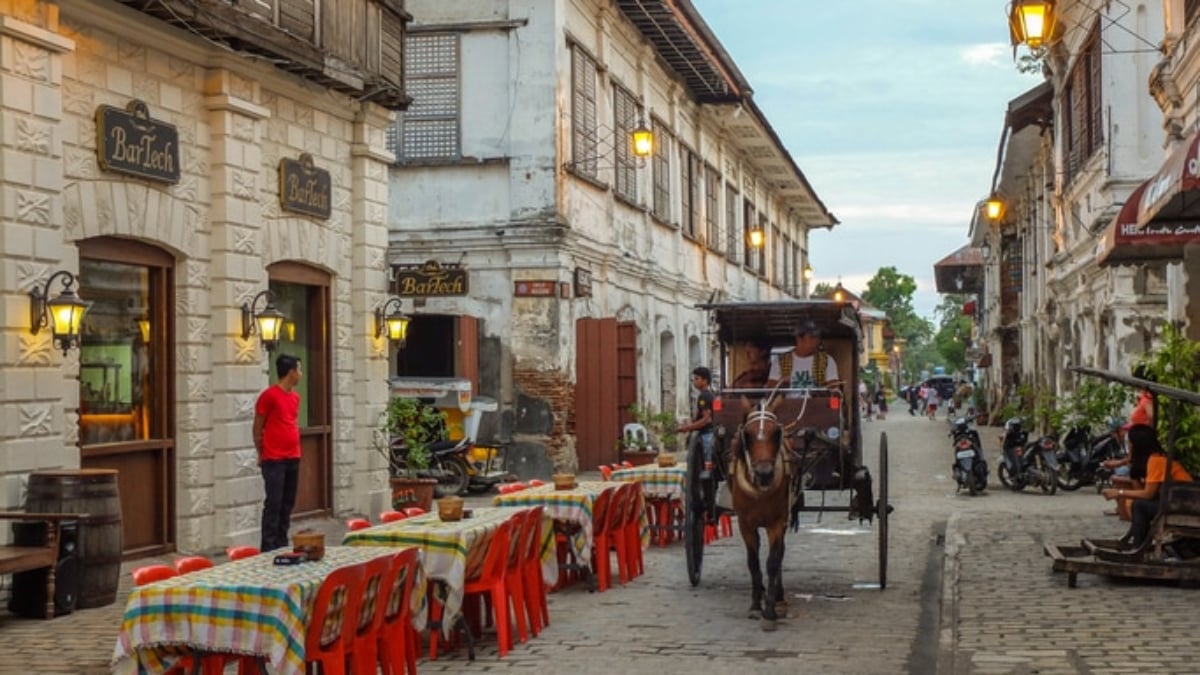
Streets from the Spanish colonial era that remain in the Philippines! World Heritage Site “Vigan Historical City”
Luzon Island is the largest island in the Philippines, the 17th largest in the world, and the 4th most populous in the world. In the northwestern part of the island lies the World Heritage Site "The Historic City of Vigan", which represents the Philippines. Located about 400km north of the capital Manila, the cityscape is strongly influenced by the era of Spanish rule and has a unique Philippine atmosphere influenced by Spain, China, and Latin America.
In the ancient city of Vigan, a World Heritage Site, you can see remnants of the Spanish rule all over the city, such as elaborately constructed houses and colorful decorations. The city of Vigan is said to be the best-preserved city under Spanish rule remaining in Asia, and the flowers are beautiful all year round, so it is one of the six World Heritage Sites in the Philippines that are first to be mentioned. Here we will introduce how to enjoy the World Heritage Site "The Historic City of Vigan".
table of contents
[x] close
Streets from the Spanish colonial era that remain in the Philippines! World Heritage Site “Vigan Historical City”
- What is Vigan Historic City?
- Access to Vigan Historic City
- Recommended points of Vigan Historic City ①: Crisologo Street
- Recommended points of Vigan Historic City ②: Salcedo Plaza and St. Paul's Cathedral
- Recommended points of Vigan Historic City ③: Crisologo Museum
- Summary of the Philippines' World Heritage Site "Vigan Historic City"
What is Vigan Historic City?
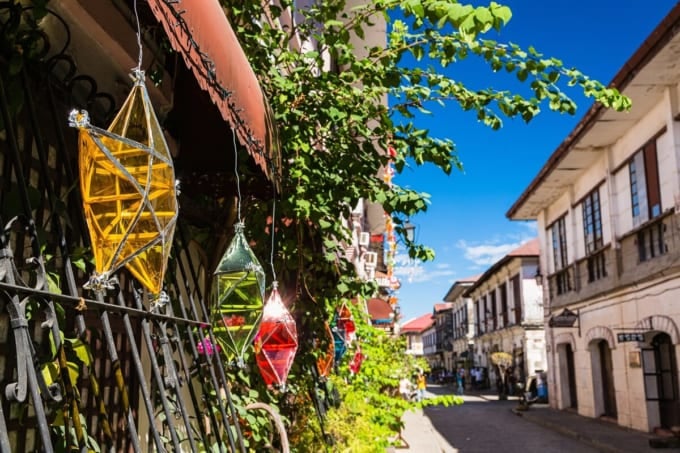
The World Heritage City of Vigan was first built in 1572 as a Spanish trading post. Before that, it was called "Ilocos" and had trade relations with China and Japan, and during the Spanish colonial period, it was called "Ciudad Fernandina".
Although the houses were built using Spanish construction techniques, they were made of timber-framed bricks. They are characterized by their ingenuity in adapting to the climate and natural features of the Philippines, such as improving ventilation on the second floor.
Similar streetscapes could be found in other cities in the Philippines, but most were destroyed in the Pacific War. Miraculously, only the old town of Vigan remained almost intact.
Access to Vigan Historic City
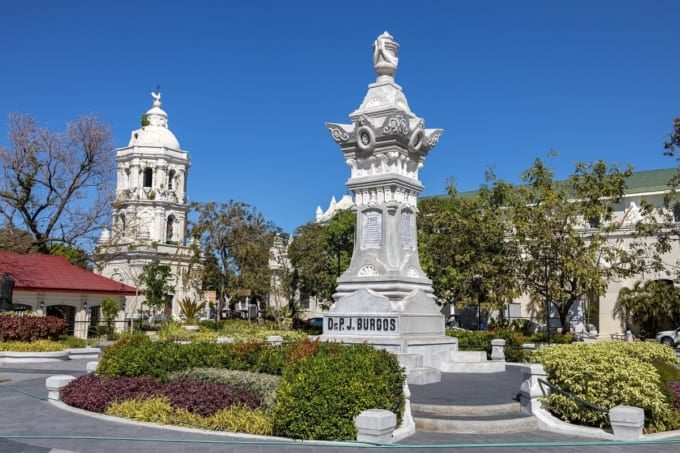
There are two ways to get to Vigan. If you have time, you can take a leisurely bus ride while enjoying the scenery. On the other hand, if you want to get around efficiently as part of your sightseeing, we recommend flying and buses.
For buses, there are direct trips from Pasay and Cubao Bus Terminal in Metro Manila. It's a long journey of about 10 hours one way, but it's a large bus so it's more comfortable than you'd think. However, the temperature inside the bus is set to be quite cold, so be sure to bring a jacket.
For flights, it takes about an hour from Manila to Laoag. Then, travel from Laoag Airport to the bus terminal in the city and take a bus to Vigan for two hours. It costs more than a direct bus, but the appeal is that it's easy to get there.
Recommended points of Vigan Historic City ①: Crisologo Street
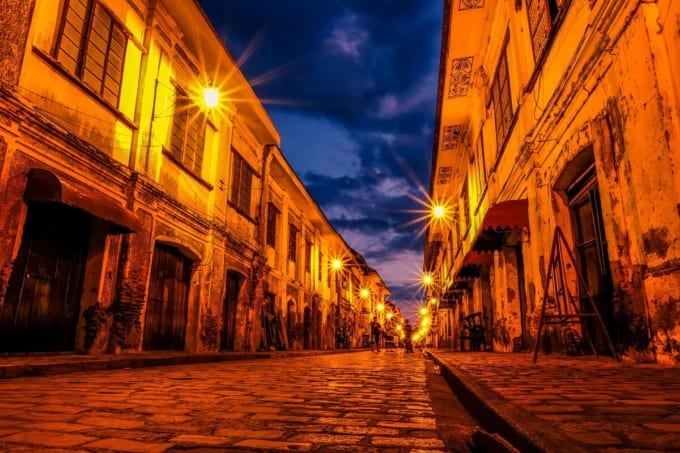
Crisologo Street is the main street of the World Heritage Site of Vigan Historic City. The straight cobblestone road is beautiful, befitting a World Heritage city that represents the Philippines. Horse-drawn carriages run leisurely along the narrow roadway, and the wide sidewalks are lined with terrace seats of cafes and restaurants on both sides.
Crisologo Street, which is bustling with shops and Vigan souvenir shops in the morning, shows a different atmosphere at night. The eaves of houses and restaurants are lit up, and band music can be heard from nowhere. As expected of a World Heritage Site, Vigan is a safe city where tourists can go out until late at night.
Calle Crisologo is a must-visit for any Filipino who wants to experience the beauty and history of Vigan. It's a place to connect with your heritage, enjoy delicious food, and create lasting memories.
Name:Calle Crisologo
Address:Crisologo, Vigan City, Ilocos Sur
Official website URL:https://philippinetravel.jp/calle-crisologo/
Recommended points of Vigan Historic City ②: Salcedo Plaza and St. Paul's Cathedral
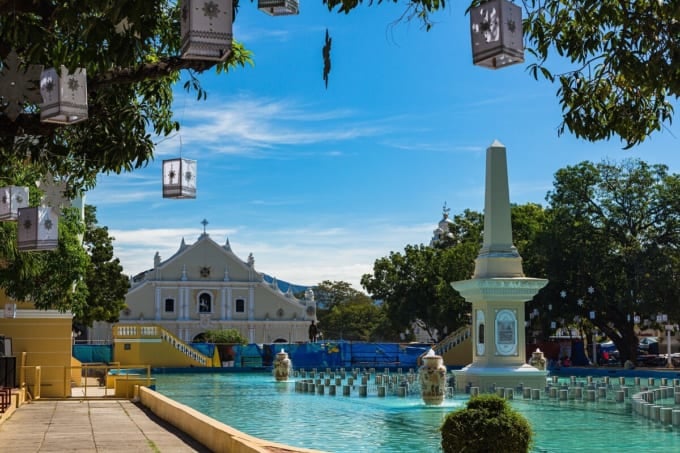
A little away from the center of the World Heritage City of Vigan, across a pond from Salcedo Square, stands the pure white facade of St. Paul's Cathedral. Built in 1574, the cathedral is decorated entirely in white on the inside, with colorful statues of Jesus Christ standing out prominently.
The highlight of St. Paul's Cathedral is the Sunday mass. Remarkably, in this World Heritage church, the bishop performs mass with an electric guitar! Both Vigan residents and tourists are welcome to attend, so if your schedule permits, be sure to check it out.
Meanwhile, in Salcedo Square, a 30-minute fountain show takes place every evening, transforming the square into a popular date spot for tourists and local couples alike. While World Heritage sites often have a strict and solemn image, Vigan is a rare exception where everyone can have fun.
Name:Metropolitan Cathedral of the Conversion of St. Paul the Apostle
Address:Metropolitan Cathedral of the Conversion of St. Paul the Apostle
Recommended points of Vigan Historic City ③: Crisologo Museum
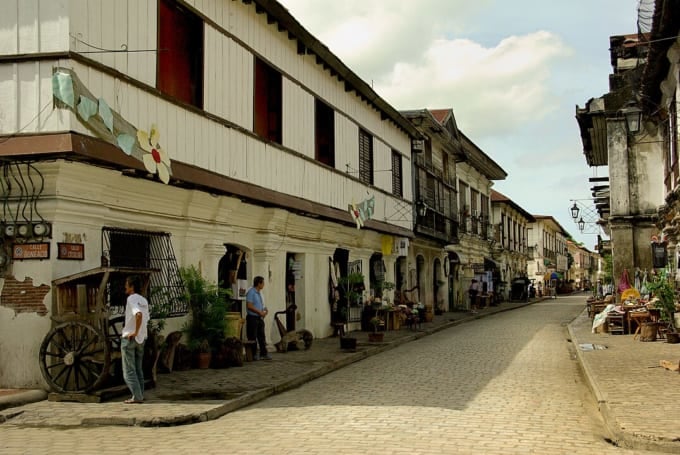
This is the Crisologo Museum, a registered World Heritage Site. Interestingly, both Crisologo Street, the main street of the World Heritage area, and the Crisologo Museum are named after a former governor of Vigan. This historic building along the road has connections to Governor Mena Crisologo.
The two-story building has a rather simple facade and lacks a prominent sign. However, in keeping with the historic character of the World Heritage City, the building exudes a sense of elegance and charm.
Inside, you'll find exhibits showcasing tableware, furniture, and even a car that was actually used in Vigan. The luxurious items on display might surprise you, considering modern standards. This fascinating museum offers a glimpse into the lifestyle of Vigan's upper class during that era.
Name:Crisologo Museum
Address:H9CP+5QJ, A. Reyes St, Vigan City, Ilocos Sur
Official website URL:https://www.vigan.ph/attractions/crisologo-museum.html
Summary of the Philippines' World Heritage Site "Vigan Historic City"
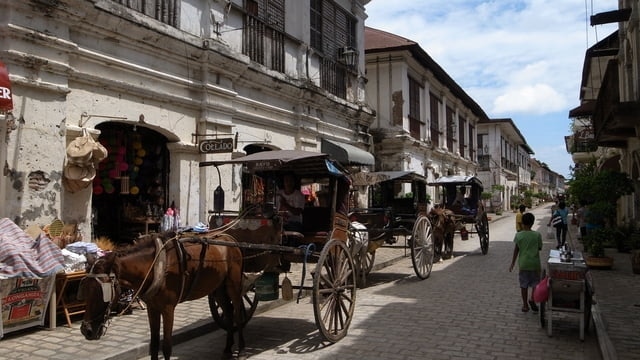
We've introduced you to Vigan, a World Heritage City in the Philippines that preserves the townscape of the Spanish colonial era. In Vigan, you don't just read about history, you experience it. The old buildings, the kalesa, and even the food served, remind us of our ancestors and how they lived. Vigan is a testament to the beauty and richness of our culture. It symbolizes our ability to create things of value that last through time.
Located on the same island as the capital Manila, Luzon, Vigan is relatively easy to access. So, the next time you visit Vigan, remember that you are not just a tourist there. You are part of its story, a Filipino with the right to be proud of the richness of our past.
RELATED ARTICLES
REGIONS
CATEGORIES
FEATURED ON Souvenir
-
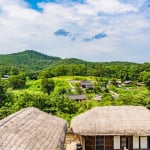
600 Years of Radiant Tradition: Korea’s Historic Villages of Hahoe and Yangdong
-
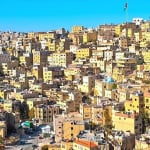
Jordan: A Country in the Middle East! Four Recommended Shopping Spots
-
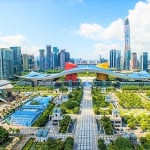
China’s “Silicon Valley” and Rising Star: 3 Recommended Souvenirs from Shenzhen!
-
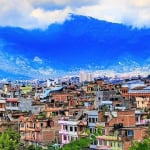
Recommended Souvenirs You’ll Want When You Go to Kathmandu, the Capital of Nepal!
-
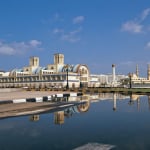
Go on a Day Trip from Dubai! 5 Tourist Destinations in Sharjah, the Third Largest City in the UAE
MOST POPULAR ON Souvenir
-
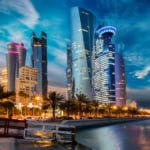 1
1Doha: Must-see Attractions in the Capital of Qatar
-
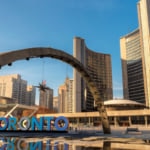 2
2Toronto: 10 Things to do in this Picturesque Canadian City
-
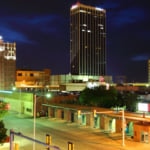 3
3Amarillo: A City Famous for It’s Amazing Canyons, Great History and Music
-
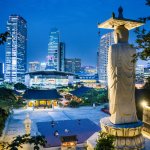 4
4South Korea: Dazzling Scenery, Rich Culture and Fascinating History
-
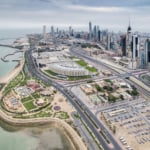 5
5Kuwait: A Country in Middle East Asia Famous for Hot Sand Dunes and Stunning Cityscape



